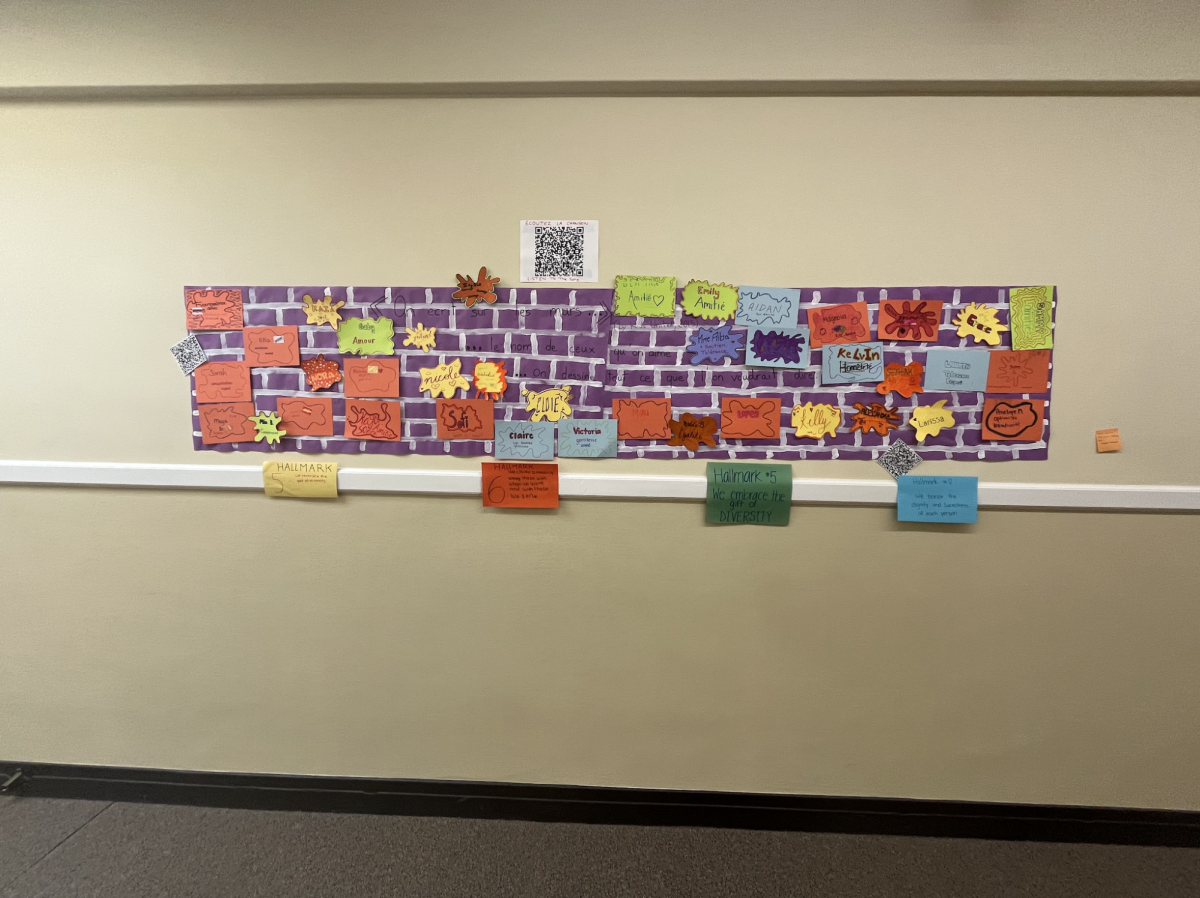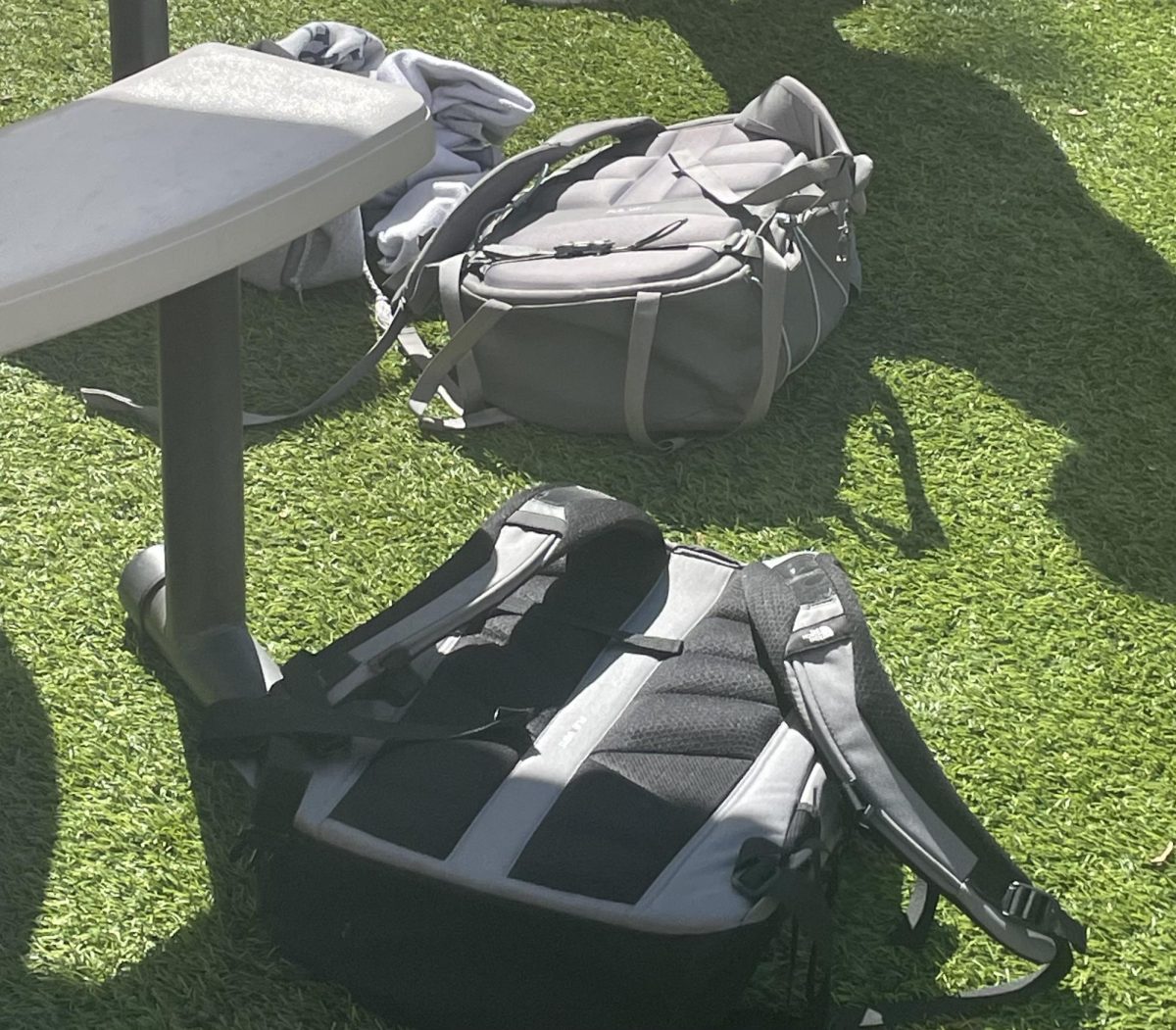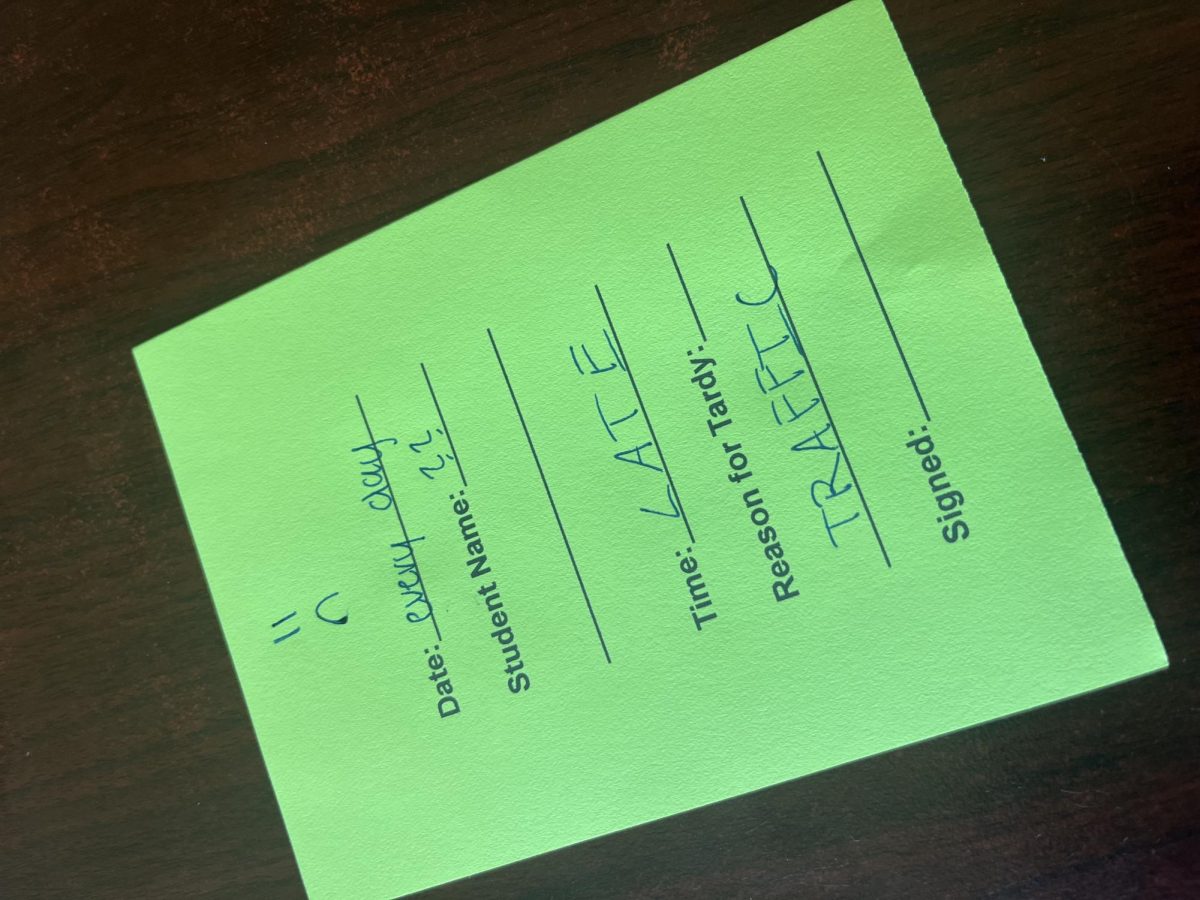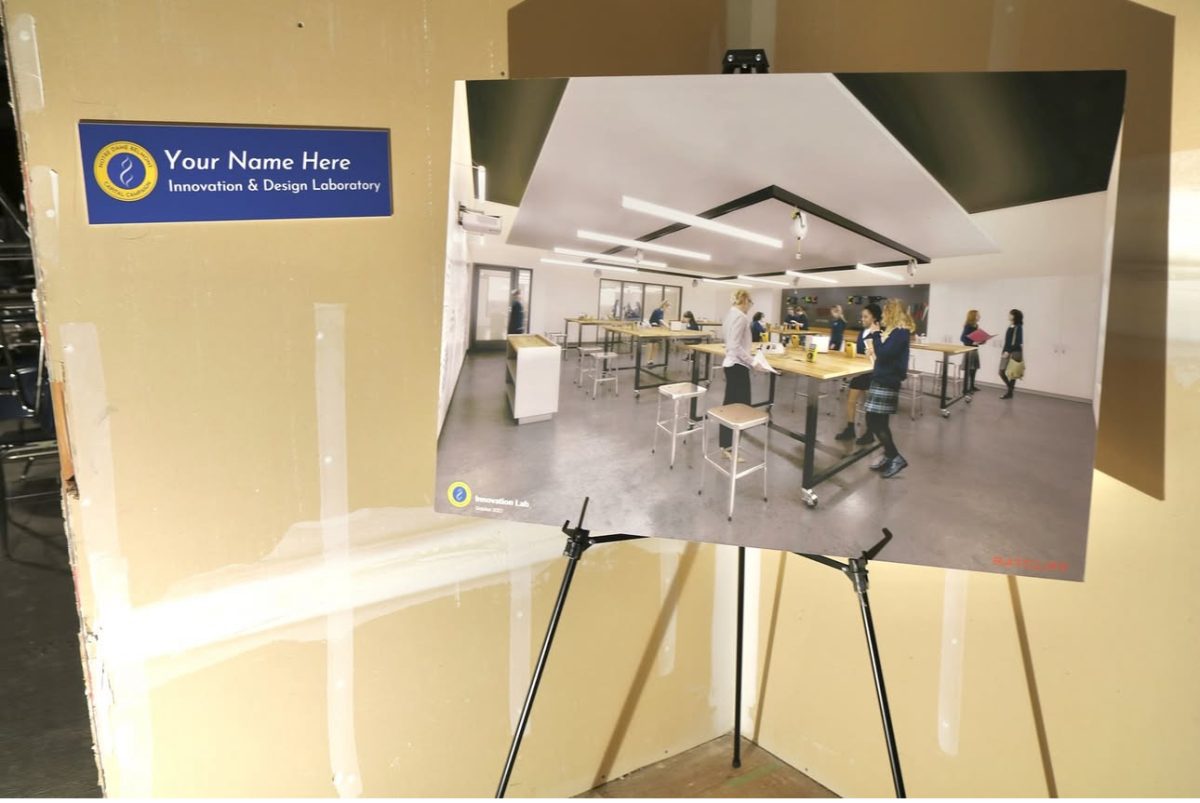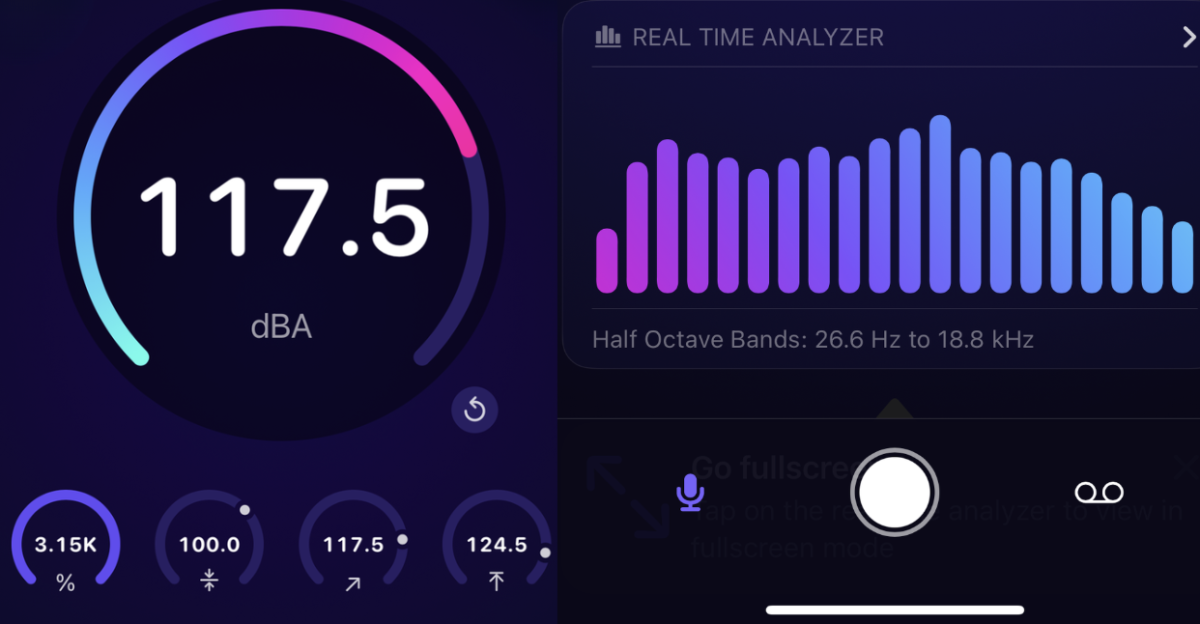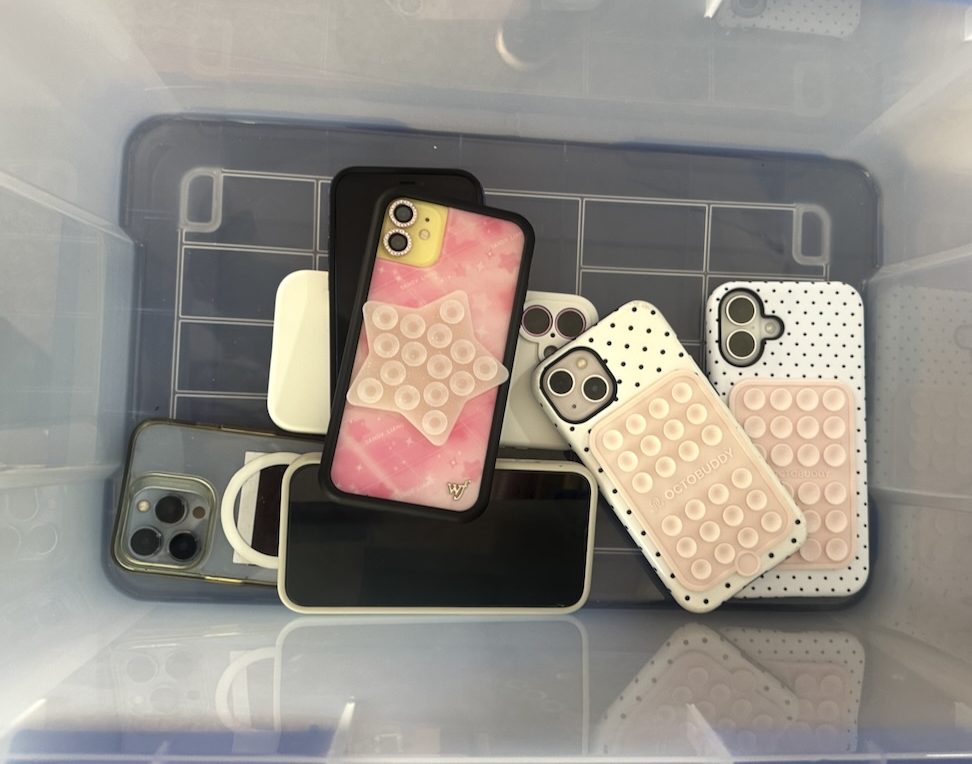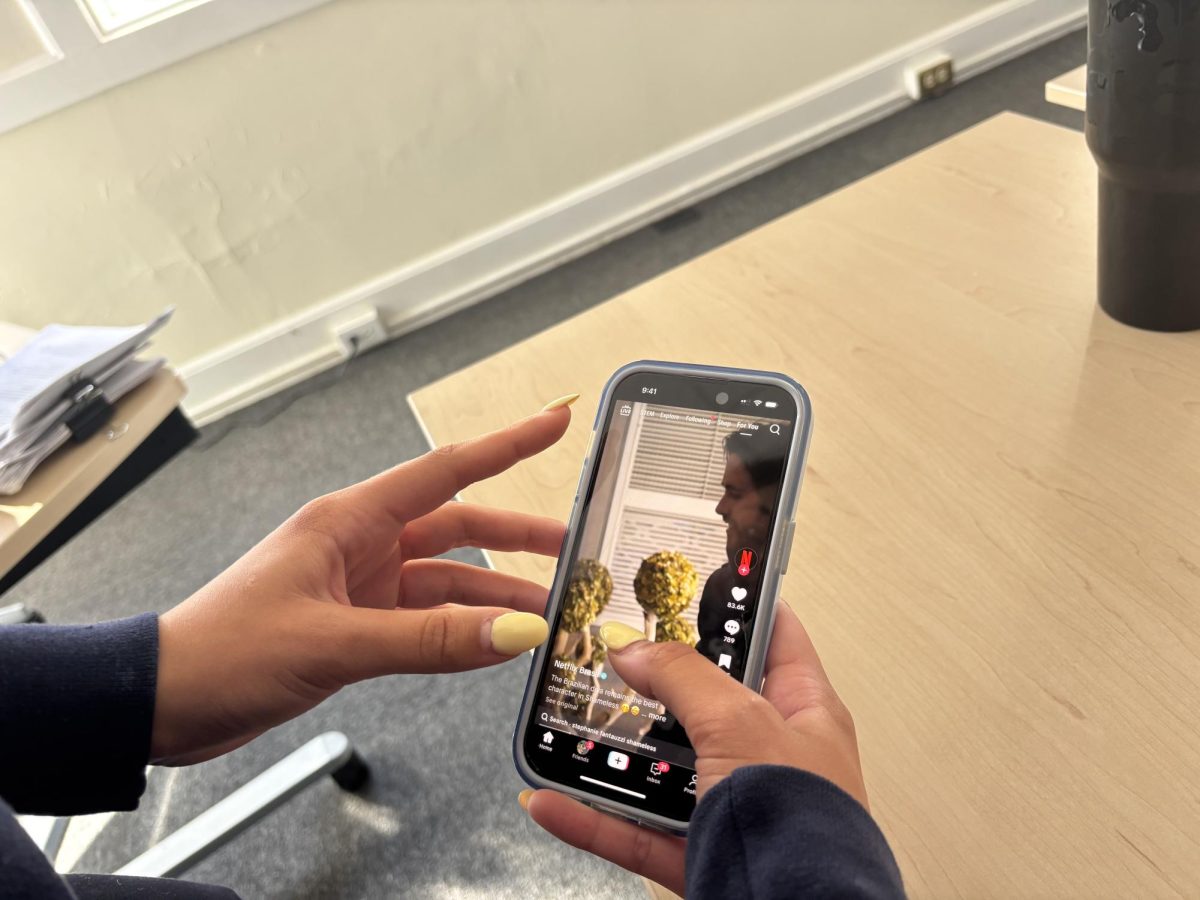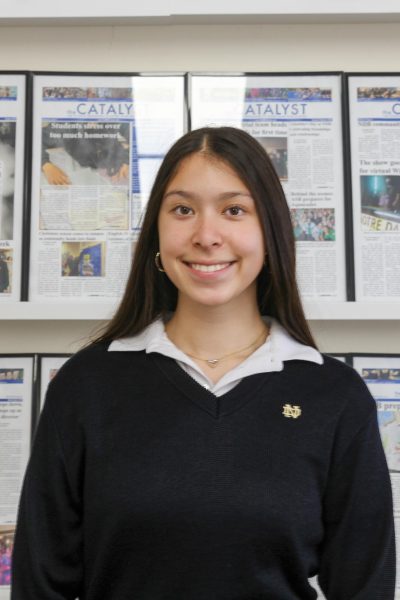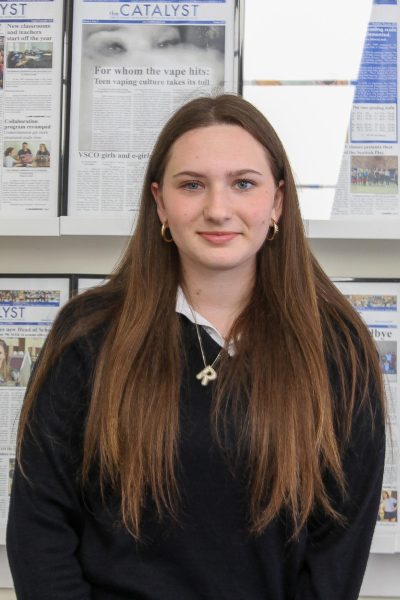A widely accepted norm in polite conversation is to avoid discussion of politics. In recent years, however, it is as if this norm has shifted to so that only particular political opinions can be expressed in certain social circles. Many hope to avoid rejection by assimilating with popular opinions.
To avoid creating enemies, some people even choose to remain neutral and steer clear of any conversation that could “expose” their contrary beliefs. This self-censorship, while seemingly harmless, ultimately stifles true public discourse and limits the voice of those who disagree with the accepted belief system.
At NDB, this self-censorship was evident during the Tigers Vote Project, where 20% of NDB students voted for Donald Trump, but left their signatures off the ballot in order to remain anonymous.
When students and faculty self-censor like this, it creates an echo chamber culture that makes it so only like-minded individuals can express themselves and dissenting opinions are quickly shut down.
“I have absolutely self-censored myself. It happens when you feel like there is not a point to saying anything, or there is no space to be able to express yourself,” said AP Government Teacher Karen Fry. “I think it is really important that students have the power to come up with their own opinions.”
“As a general society, we’ve gone out of our way to allow people the luxury of expressing their opinions, however disagreeable or distasteful someone else may find them,” shared Social Science Department Chair Jonathan Tomczak. “Are we comfortable actually expressing those opinions, or do we find ourselves facing our own concerns or societal pressures to not express them, even though we’re legally allowed to do so? When people don’t feel comfortable doing that, then it causes us to further divide … because we’re not willing to say where we are to start with.”
The echo chamber culture, which has been becoming more prevalent for the past couple of years not only within the NDB community but throughout America, needs to be drastically changed. Every individual should not only have every right to respectfully voice their opinions, but they should be able to do so without fear of ostracism.
“And so now I understand there are exceptions, there is some speech, there are some views that are by definition hateful and unwelcome,” continued Tomczak. “But for the large majority of conversations, if people would just hear each other out, not take things personally and not make things personal for the other person and attempt to find common ground, then a lot of conversations could be productive and a lot of solutions could be found.”
Many feel as though expressing their honest opinions on particular issues is not worth the potential damage to their reputation or their relationships with people who oppose their viewpoints. Even in classes where respectful, honest discourse is critical for effective discussion, some students still feel wary about sharing opinions they think will not be reciprocated.
“If there’s anywhere these conversations should take place, it should be in colleges and places of academic learning, because the best way to learn is to have your ideas challenged and pushed back upon and refined,” finished Tomczak.
When open, honest dialogue is stifled, it makes it difficult for societies to find common ground or engage in productive debate, only dividing communities further. While it may seem easier or safer at times to self-censor political opinions, especially in the midst of an election year, this comes at the expense of true democracy.


